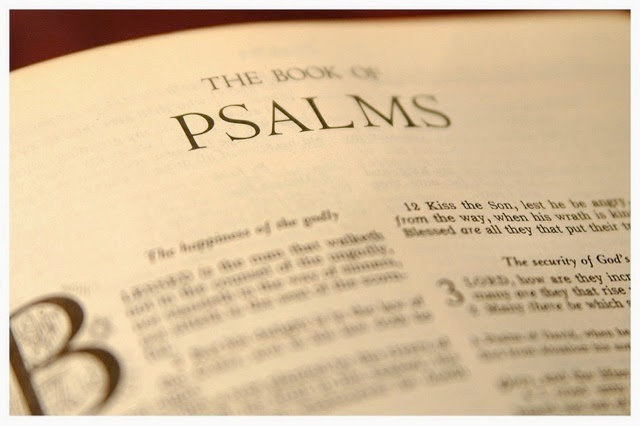Wait patiently for the Lord
This psalm begins with remembrance and thanksgiving for a past act of deliverance David experienced from the Lord. David establishes this precedent in his mind before his appeal to the Lord for deliverance from a critical situation he addresses later in the psalm. He remembers how he “waited patiently” for the Lord, and the Lord “turned to him and heard his cry.” The word “turned” means to turn attentively toward someone, like a judge interested in a testimony leaning forward with interest. The Lord, David remembers, was ready and listening the time he was in a desperate condition.
David recounts for us in Psalm 13 a time when he was in desperate need of the Lord’s deliverance. The Lord had hidden his face from him, and he was like Job’s misery at its height when he said, “O that I knew where I might find him… Behold, I go forward, but he is not there; and backward, but I cannot perceive him.”
God sometimes delays his visitations of relief to the soul for his own reasons. In Psalm 13, David cried out for the Lord to “turn to me and answer me O Lord my God… lest I sleep the sleep of death.” His love is so great for the Lord; the thought of dying in a sense of rejection is intolerable. But the Lord answered David, and the psalm ends with songs of thanksgiving and rejoicing.
That may be the deliverance David is thinking of here. He describes just how bad his situation was. He was lifted “out of the slimy pit, out of the mud and mire.” We don’t have to understand this as a literal pit like Jeremiah was thrown into, but a metaphor of intense distress David was under. It was a kind of imprisonment that was overwhelming to David, something he had no hope of extracting himself from on his own. The Lord alone could have and did rescue David.
The Lord did not stop with mere liberation; he made sure to set David’s feet “on a rock and gave him a firm place to stand.” In other words, the Lord gave David permanent stability. This foundation is what gives David confidence that the Lord will help him in his present trial. The salvation in the past was too great for David to consider that the Lord would not come to his aid again.
This is, of course, a picture of the gospel. The greatest pit we are in by nature is the pit of sin. It not only renders us guilty before God, but it controls our life. The Scripture says all men are under the power of sin. Christ came to pay the penalty for sin on the cross and to free us from the guilt and power of sin. He sets our feet on the solid rock of his salvation in contrast to the miry clay of our own sinful works.
The deliverance of salvation is so great because it is plain that none but God could have wrought it. William Plumer writes, “The pit was too deep for a created arm to reach its bottom. The load was too heavy for created strength to bear. God will have, because he deserves to have, all the glory of man’s salvation.”
The problem is we don’t naturally feel as if we are in a miry bog and that reconciliation with God is our desperate need. We can list a dozen other things we could use God’s help in and this is what we focus on. But the gospel forces us to always consider our greatest need first and all other needs in light of it. There is never a time when the Christian doesn’t evaluate his circumstances on the basis of God’s delivering him from sin by Christ’s death in his place. The greater the trial, the greater the deliverance, and the more joyous and loud should be the song which we sing to the praise and glory of God. A true believer rejoices over redemption in Christ above all else.
We see David’s thanksgiving in verses three through five. David says of the Lord, “He put a new song in my mouth, a hymn of praise to our God.” A “new song” is not ordinary; it is a particular refrain for an extraordinary event. This is how Christians are to regard the salvation they have in Christ. We are to never stop singing the “new song” that is particular to salvation whatever circumstances we are in and whatever other needs we have.
The Rev. Chris Shelton is the pastor of The First Presbyterian Church of Union.

